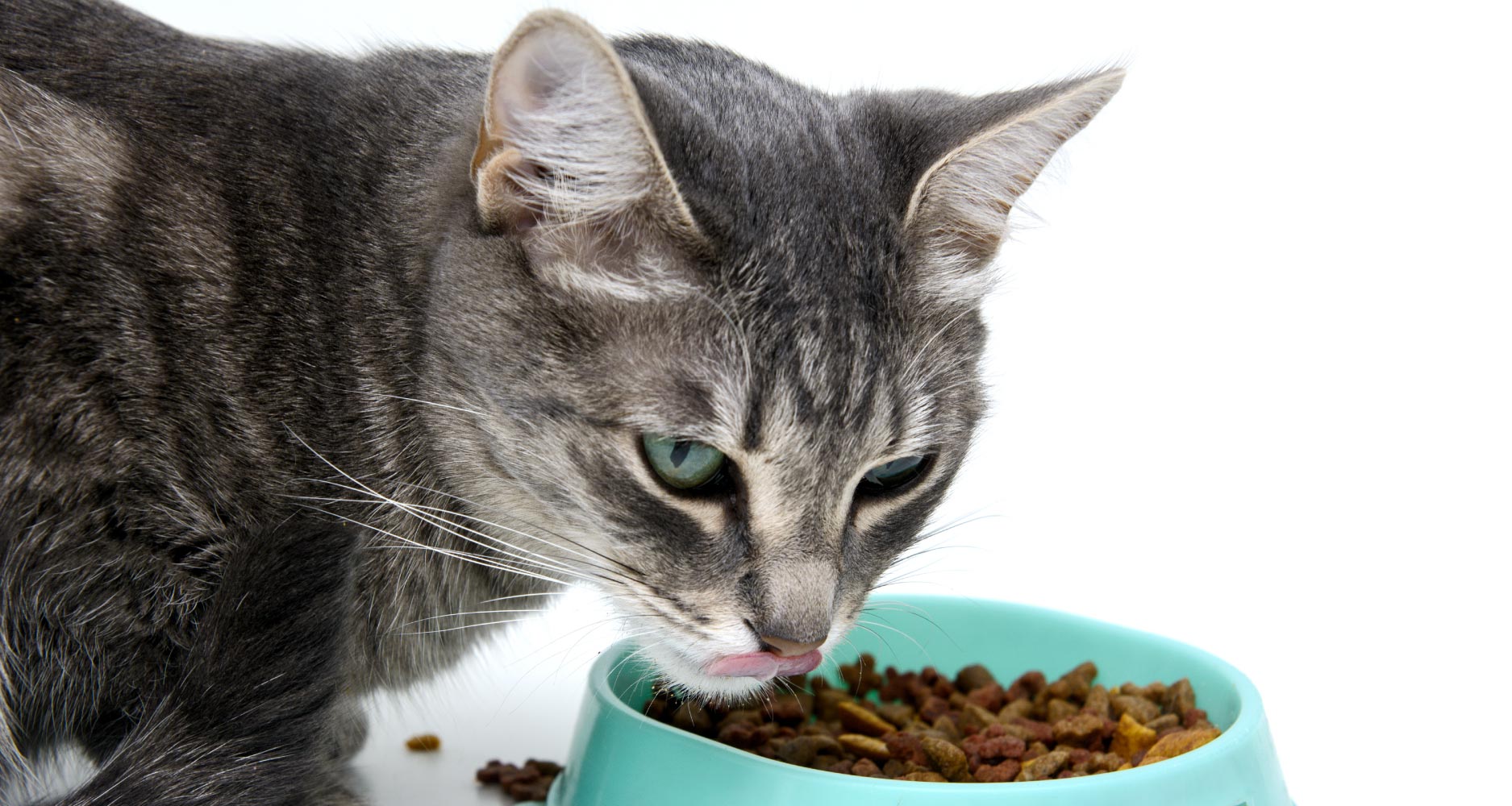HEALTH & WELLNESS

VOTING BOOTH

TRENDING

LIONS FOUNDATION OF CANADA DOG GUIDES
Lions Foundation of Canada Dog Guides and its founding program, Canine Vision Canada, was established in 1983. It’s the largest school of its kind in Canada with its training school in Oakville and breeding facility in Breslau.
Importance of Nutrition in Chronic Kidney Disease in Cats

ROLE OF KIDNEYS IN THE BODY
The kidneys have many functions. Two of the major functions include removing waste products from the blood and conserving water in the body.
With kidney disease the kidney function declines and toxic waste products like urea and phosphorous begin to build up in the body. This can make the cat feel nauseous and terrible. Decreased kidney function also leads to dehydration because more water than normal is lost in the urine.
This article will explain how nutritional considerations can help cats that suffer from chronic kidney disease (CKD), a very common problem in domestic cats.
WHAT ARE NUTRIENTS?
Nutrients are substances that provide nourishment for organisms to survive, grow and reproduce.
WHAT IS NUTRITION?
Nutrition is concerned with how the body uses nutrients and how it connects to diet, health and disease.
WHY ARE SUFFICIENT NUTRIENTS SO IMPORTANT WHEN CHRONIC KIDNEY DISEASE (CKD) IS A CONCERN?
To effectively manage CKD in cats, you have to address certain issues:
- Symptoms, caused by waste gathering in the blood, need to be managed
- The imbalance of fluids and minerals need to be improved
- Sufficient recommended nutrition needs to be ensured
- The progression of CKD needs to be delayed
WHAT IS A KIDNEY SUPPORT DIET
There is no one-size-fits-all diet for cats with CKD, but their diet generally contains:
- Less Protein
Insufficient protein intake can lead to dangerous weight loss. So: less protein doesn’t mean no protein. It means controlled intake of quality proteins. With quality we mean easy to digest. Some experts may suggest a natural raw diet.
To encourage a cat with CKD to eat, try to improve the texture, aroma and taste of food. - Less Sodium
Sodium retention and potential high blood pressure are concerns, it is often recommended that sodium intake be restricted. - Less Phosphorus
The body needs phosphorus, but it needs healthy kidneys to control the levels, otherwise kidneys will suffer damage. With CKD, kidneys struggle to regulate phosphorus levels.Signs that kidney function may have been compromised include absence of appetite, weakness and uncoordinated or uncontrolled movement. Sometimes medication that reduces the absorption of phosphate is necessary (phosphate binder), but this should be discussed with your veterinarian.
To control phosphorus intake, ask your veterinarian what foods are the safest options.
- More Omega-3 Fatty Acids
If the diet doesn’t already contain them, omega-3 fatty acids EPA and DHA can help protect the kidneys from the harmful effects of CKD. - More Potassium
Deficiency of potassium in the bloodstream (hypokalemia) is common in cats with CKD so some may need supplemental potassium. - More Antioxidants
Extra antioxidants, such as vitamins C and E, can reduce renal oxidative stress.
Kidney support diets should provide the following:
- Lower amounts of high-quality, easy-to-digest proteins
- Low in phosphorus to limit additional kidney damage
- Added fish oil (omega-3 fatty acids) to protect against inflammation
- Enriched in natural antioxidants such as vitamins C and E
IMPORTANT
Cats with CKD can easily become dehydrated.
If your cat has CKD, make sure he or she always has easy access to fresh water.
![]() Ask your veterinarian for advise on the best diet to meet the needs of your cat. Your veterinarian can recommend food with a specific nutrient profile to help support one or more of your cat’s age-related conditions. Find a veterinarian near you.
Ask your veterinarian for advise on the best diet to meet the needs of your cat. Your veterinarian can recommend food with a specific nutrient profile to help support one or more of your cat’s age-related conditions. Find a veterinarian near you.
Related Articles








